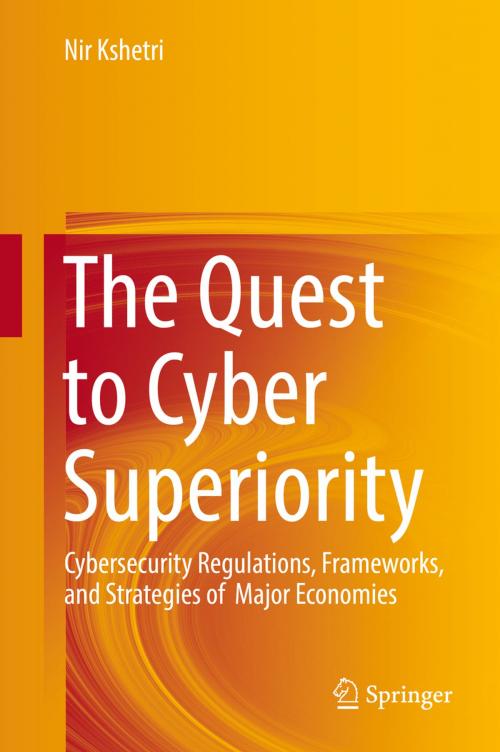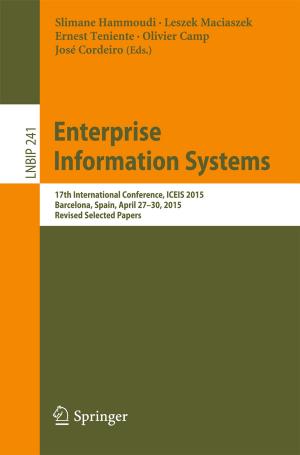The Quest to Cyber Superiority
Cybersecurity Regulations, Frameworks, and Strategies of Major Economies
Nonfiction, Social & Cultural Studies, Social Science, Crimes & Criminals, Criminology, Science & Nature, Science, Business & Finance| Author: | Nir Kshetri | ISBN: | 9783319405544 |
| Publisher: | Springer International Publishing | Publication: | July 29, 2016 |
| Imprint: | Springer | Language: | English |
| Author: | Nir Kshetri |
| ISBN: | 9783319405544 |
| Publisher: | Springer International Publishing |
| Publication: | July 29, 2016 |
| Imprint: | Springer |
| Language: | English |
This book explains how major world economies are recognizing the need for a major push in cyber policy environments. It helps readers understand why these nations are committing substantial resources to cybersecurity, and to the development of standards, rules and guidelines in order to address cyber-threats and catch up with global trends and technological developments. A key focus is on specific countries’ engagement in cyberattacks and the development of cyber-warfare capabilities.
Further, the book demonstrates how a nation’s technological advancement may not necessarily lead to cyber-superiority. It covers cybersecurity issues with regard to conflicts that shape relationships between major economies, and explains how attempts to secure the cyber domain have been hampered by the lack of an international consensus on key issues and concepts. The book also reveals how some economies are now facing a tricky trade-off between economically productive uses of emerging technologies and an enhanced cybersecurity profile. In the context of current paradigms related to the linkages between security and trade/investment, it also delves into new perspectives that are being brought to light by emerging cybersecurity issues.
This book explains how major world economies are recognizing the need for a major push in cyber policy environments. It helps readers understand why these nations are committing substantial resources to cybersecurity, and to the development of standards, rules and guidelines in order to address cyber-threats and catch up with global trends and technological developments. A key focus is on specific countries’ engagement in cyberattacks and the development of cyber-warfare capabilities.
Further, the book demonstrates how a nation’s technological advancement may not necessarily lead to cyber-superiority. It covers cybersecurity issues with regard to conflicts that shape relationships between major economies, and explains how attempts to secure the cyber domain have been hampered by the lack of an international consensus on key issues and concepts. The book also reveals how some economies are now facing a tricky trade-off between economically productive uses of emerging technologies and an enhanced cybersecurity profile. In the context of current paradigms related to the linkages between security and trade/investment, it also delves into new perspectives that are being brought to light by emerging cybersecurity issues.















